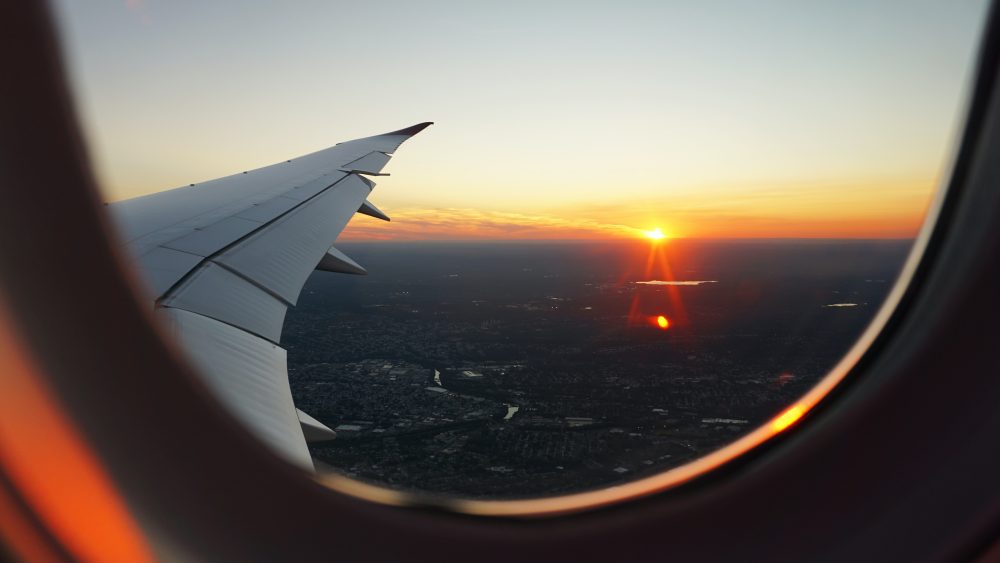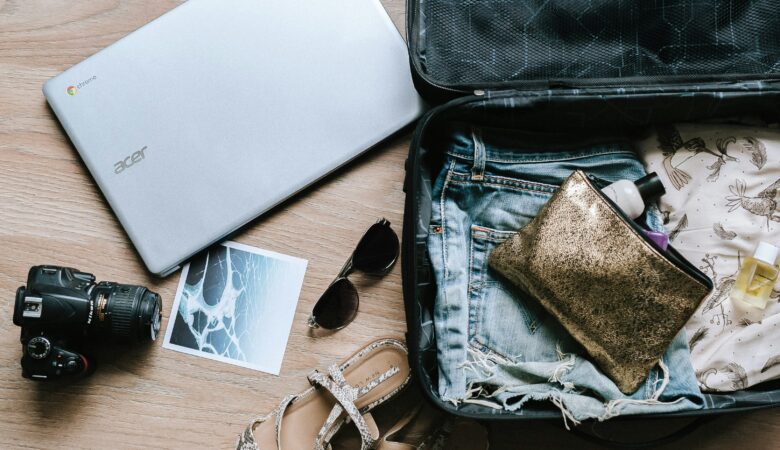Travelling can be an amazing experience; we get to see new places, meet new people, and learn about different cultures. However, it’s also an opportunity to make some big travel mistakes. In this blog post, we’ll outline some of the most common mistakes travellers make, and offer tips on how to avoid them. From packing too lightly to not being aware of local customs, read on to learn what you need to do in order to have a great trip without any hassles.
What are the Basic Rules for Travelling?
There are a few basic rules for travelling which will help to make your trip go more smoothly.
1. Research your destination well in advance. This will help to ensure that you are making the most of your time and resources while travelling.
2. Plan your travel schedule carefully, as this will help to avoid any congestion or long wait times on your journey.
3. Pack lightly, as you will be able to carry less with you when travelling. This will also saving you money on baggage fees and transportation costs.
4. Be aware of local customs and procedures when travelling abroad, as these may differ from what you are used to. Follow all instructions carefully and do not hesitate to ask for help if needed.
5. Always have a backup plan in case things go wrong while travelling, and be sure to notify family and friends of your travel plans in case they need to contact you while away.
How to Prepare for a Trip
If you’re planning a trip, there are a few things you can do to make sure it goes as smoothly as possible. Here are five tips for avoiding travel mistakes:
1. Research the destination before you go. Make sure you know what to expect and what to pack.
2. Prepare your finances well in advance. Have enough money saved up so that any unexpected emergencies won’t cause problems on your trip.
3. Arrange transportation in advance if possible. This will save time and headaches when you arrive at your destination.
4. Book your hotels and flights well in advance, especially during peak seasons or when prices are high. This will give you more options and reduce the chances of having to deal with last-minute problems.
5. Bring a copy of your itinerary and contact information for all of your contacts back home with you, just in case something happens while you’re away that requires their help or intervention.
How to Pack for a Trip
Travelling can be an enjoyable experience, but it’s important to do your research and plan ahead to avoid common travel mistakes. Here are some tips on how to pack for a trip:
1. Make a packing list and stick to it.
2. Pack light and avoid bringing unnecessary clutter into your suitcase or bag.
3. Be flexible with your travel plans and be prepared to change them if necessary.
4. Pack items that you’ll likely use during your trip, such as toiletries, snacks, and drinks.
5. Label all of your belongings with the name of the destination you’re travelling to, the date you’re departing, and your contact information in case of emergency.
What to Do if You Get Sick on a Trip
If you are feeling sick, the best thing to do is head to your room and rest. Try not to drink any fluids or eat anything until you have been checked out by a doctor. If you absolutely have to go out, keep your activities limited and stick to people who you know are also feeling ill. If you develop a fever, vomiting or diarrhoea, see a doctor as soon as possible!
How to Deal with Emergencies When Travelling
In case of emergencies when travelling, here are a few things to keep in mind:
1. Make sure you have a passport and visa for your destination country.
2. Create an emergency fund before leaving home, in case you cannot get access to money while travelling. This can be done by selling possessions or borrowing money from friends or family.
3. Know the emergency evacuation procedures for your destination country. If there is a natural disaster or terror alert, know how to get out quickly and safely.
4. Always carry travel documents such as your passport, visas, tickets and ID card with you at all times when travelling. Keep them in a safe place, preferably in a sealed envelope if possible. In the event that you lose them, you will need them to prove your identity to authorities and receive assistance from the local community.
5. Remember that not all countries have the same emergency response system in place; be familiar with the local 119 number for medical assistance or police if needed, especially if you don’t speak the language well.
How to Handle Money when Travelling
When travelling, it’s important to be aware of your spending limits and make sure you’re using the right currency. Here are four tips for avoiding money mistakes when travelling:
1. Use a budget planner
Before you leave home, create a budget plan and track your expenses as you go. This will help you stay within your spending limits and avoid overspending on unnecessary items.
2. Make a list of essentials
When packing for your trip, make a list of the essential items you’ll need – including food, water, hot showers, etc. – and stick to it. This way, you’ll avoid overspending on unnecessary souvenirs or luxuries.
3. Follow the exchange rates
Before leaving for your trip, check the current exchange rates online to ensure that your money is going to be worth the same in local currency as when you return home. This can help prevent sticker shock when arriving back home!
4. Avoid traveller’s cheques
Unless they are backed by cash or foreign currency reserves, traveller’s cheques should be avoided whenever possible – they can get pricey quickly if used in local areas. Instead, use cash or traveller’s checks at local establishments whenever possible.
Conclusion
Travelling can be a great experience, but it’s also easy to make mistakes when travelling. Make sure to read up on the different customs and etiquette that vary from country to country before you go. Also, take the time to learn the basics of the language you will be speaking so that you don’t get lost in conversation. Finally, never forget your backpack — it can contain everything you need in order to survive a misadventure while Away From Home.








